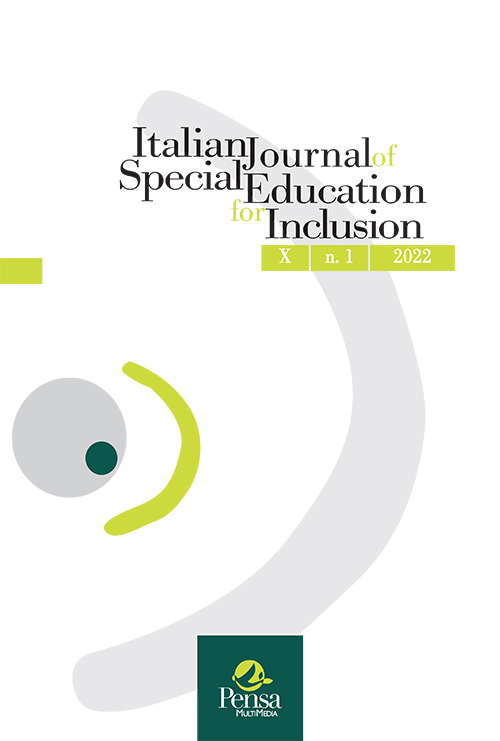Disabilities and video games: challenges, representations and accessibility models
DOI:
https://doi.org/10.7346/sipes-01-2022-02Abstract
Contemporary game studies have opened to an increasingly deep problematisation of video game worlds, both from a representational and an interactional point of view: there is now widespread talk of how video games contribute to build interpretations of the world, and trajectories to convey ideologically, politically, historically, and socially defined positions. In this context, studies on the relationship between video games and gender or ethnic representations are increasingly present (and decisive). On the other hand, the relationship between video games and disability, although equally complex and delicate, is surprisingly little studied: not only is the number of academic studies on the subject very low, but quantitative evaluations on the issue tend to be rare. This contribution aims, on the one hand, to offer a synthetic view of the studies published so far about disability and video games; to provide keys to interpretation and reading to stimulate a more lively debate on the subject; and, finally, to offer an overview of the accessibility solutions that video games offer in order to better interpret the phenomenon.


